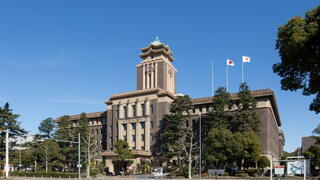
Ballot measures demonstrate voter support for professional management.

A key distinction in the council-manager form of government

Defining the “political” role of managers and their role in the policy process

The role of the professional manager transcends politics and focuses on getting the job done.

In Japan, local governments have a duty to exercise a measure of independence from the national government regarding the manner in which they operate.

An overview of local government structure in the United States

The most popular Leadership Matters articles of 2021.

